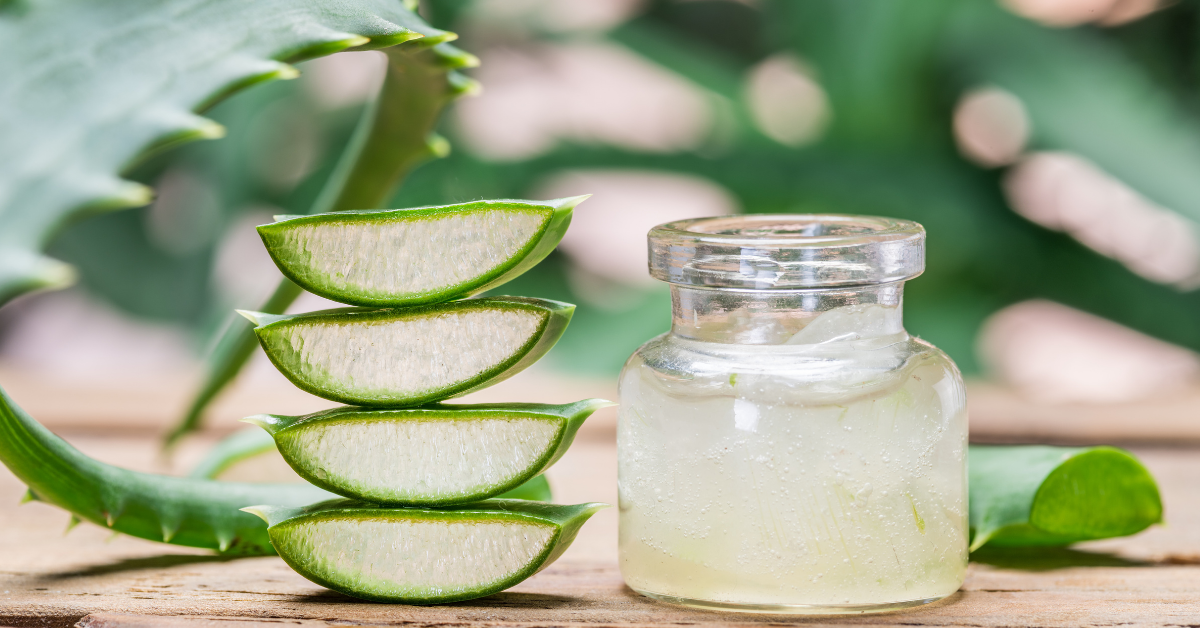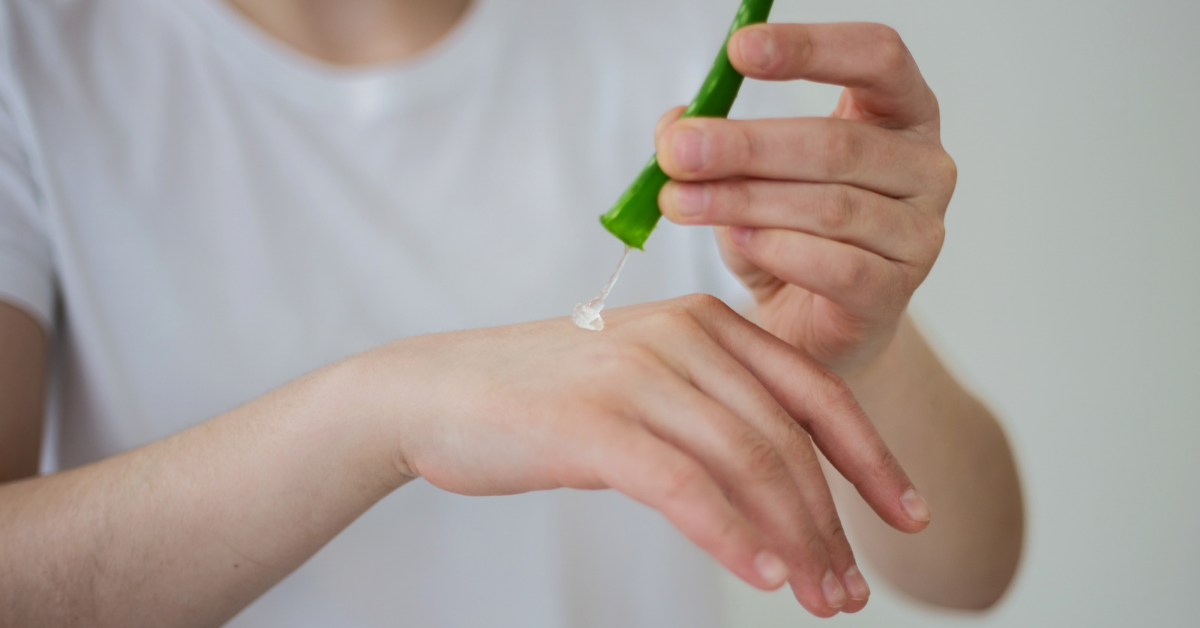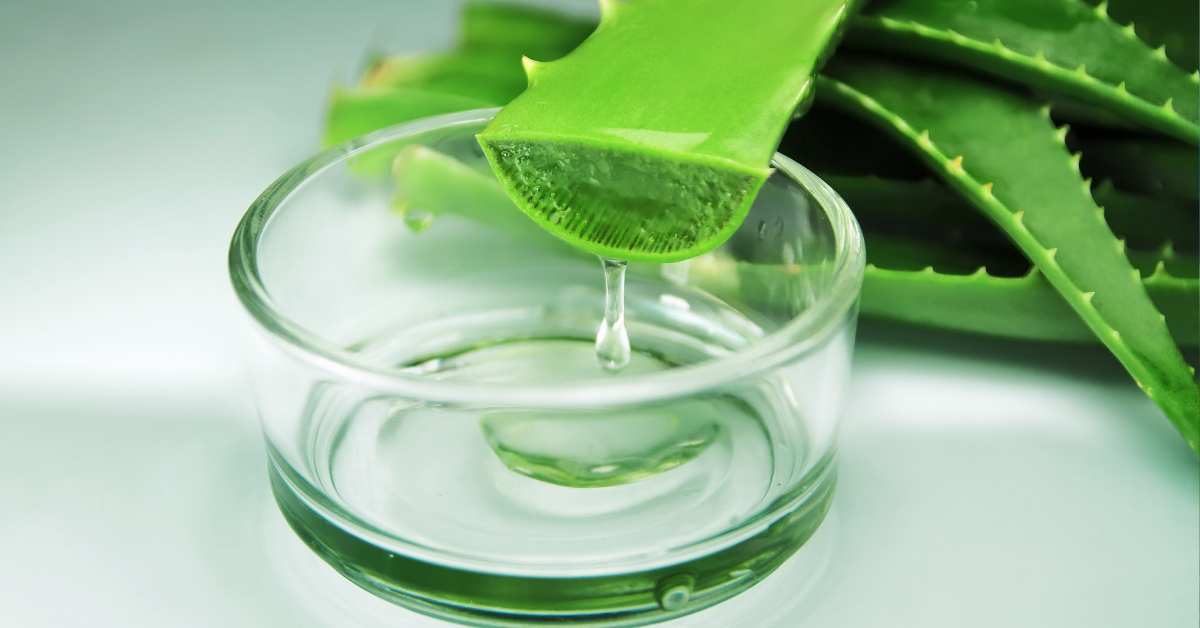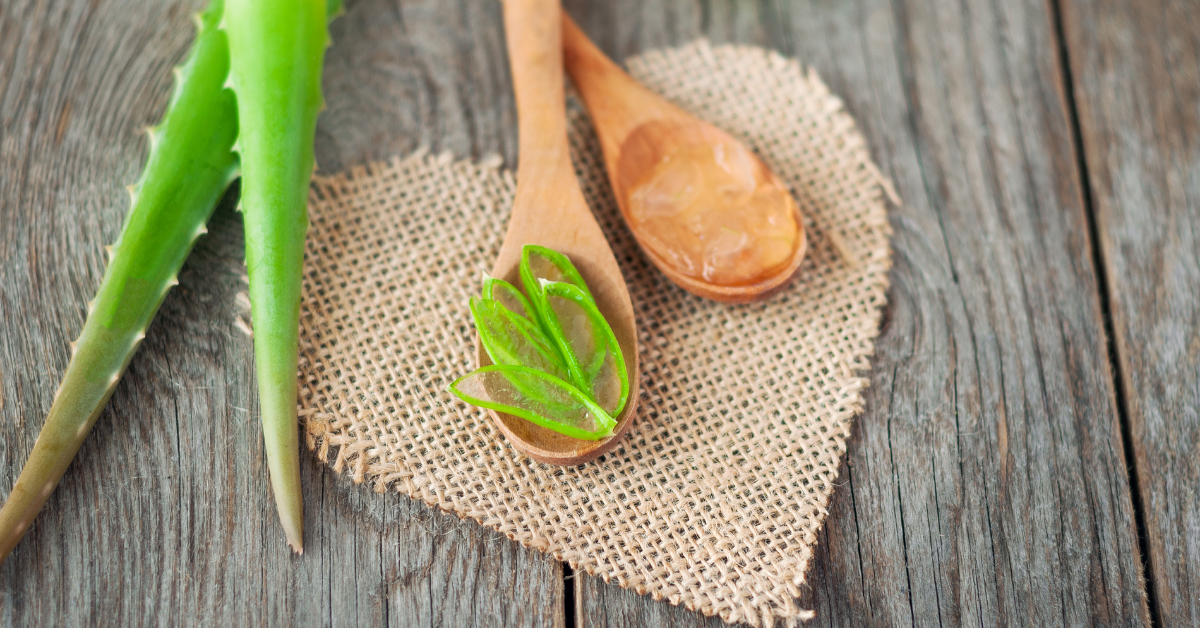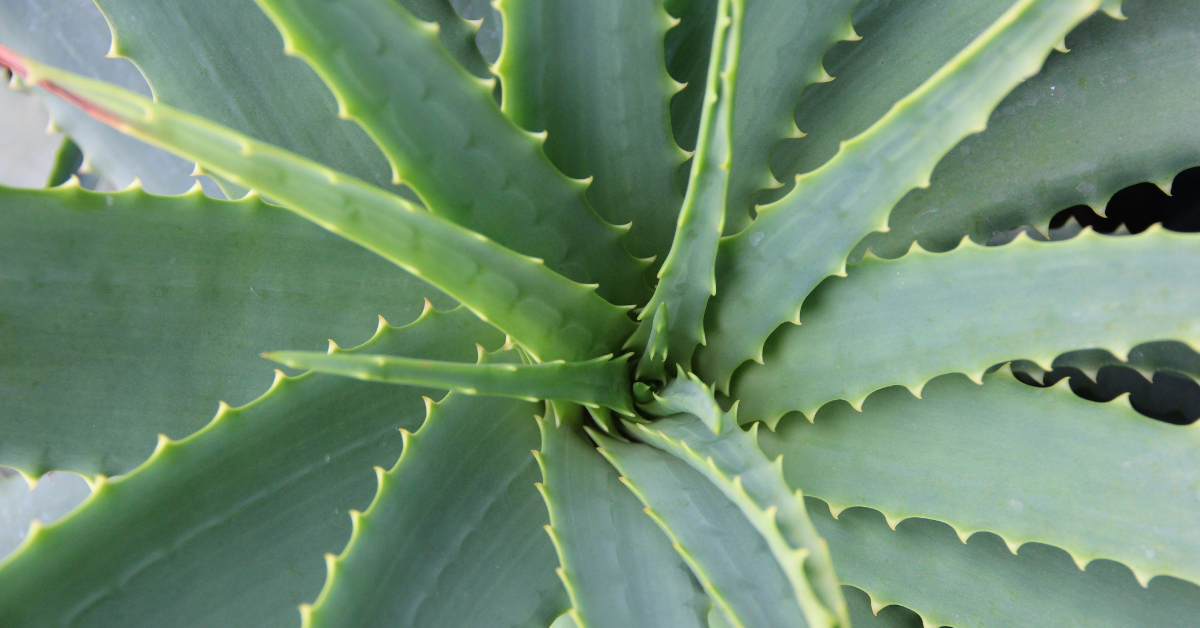What are the health benefits of aloe vera?
Aloe vera is a wonderful plant that has been used for thousands of years, both internally and externally, to improve health and wellbeing. It’s a perennial succulent, similar in many ways to a cactus, and grows across large expanses of the world including North and Central America, Australia, Spain, India and China. It thrives in places with low levels of natural rainfall and is a very hardy when it comes to pests. Large scale agricultural production of aloe vera is now widespread and products containing extracts from its leaves are available in most supermarkets.
Even though its name sounds amusingly like someone greeting an old lady, the health benefits of aloe vera are not to be sniggered at! As a folk medicine, and one of the most popular home remedies in use, aloe vera has been popular for thousands of years. It contains a gel, also known as latex, which has a cornucopia of widely-used applications. But what are the health benefits of aloe vera, and are they backed by science? Let’s take a closer look….
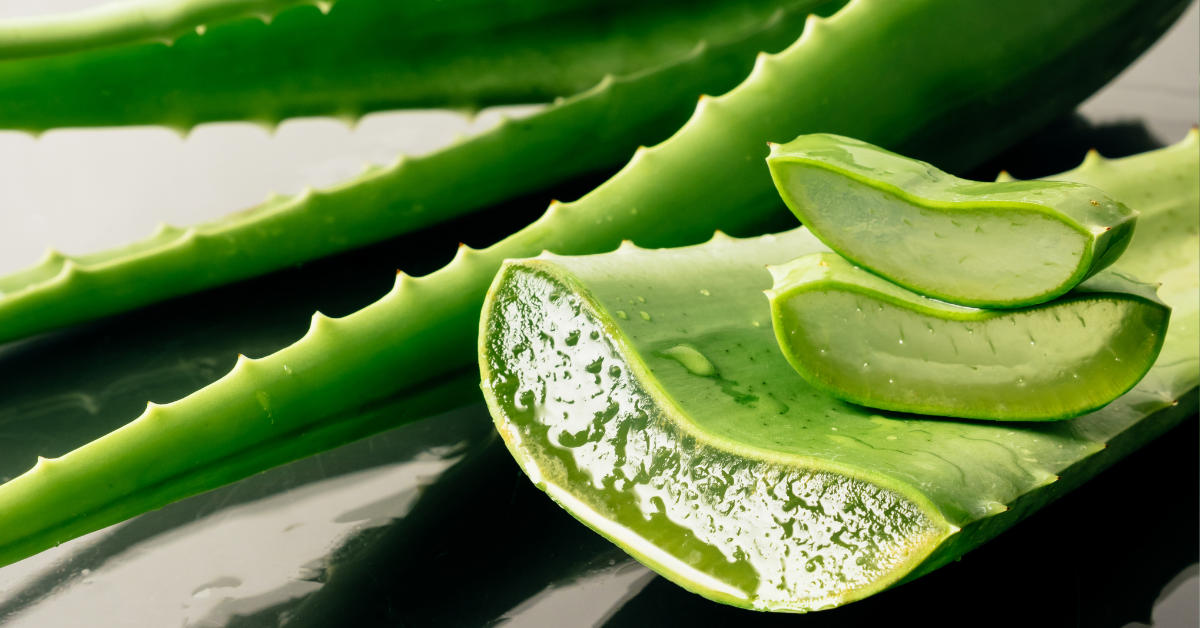
The leaves of aloe vera contain a huge wealth of vitamins, minerals, enzymes, amino acids, natural sugars and other bioactive compounds with a range of super-beneficial properties – emollient, purgative, anti-microbial, anti-inflammatory, antioxidant, antifungal, antiseptic, cosmetic and even aphrodisiac qualities have been reported.
There’s good evidence that consuming aloe vera enables the body to absorb more vitamin C and E.[1] A further study published in 2019 suggested that this increased intestinal absorption capacity brought about by consuming the plant could be used to increase the bioavailability of other beneficial medical drugs.[2] Aloe vera also has good levels of antioxidants and excellent amounts of vitamins A, B, B-1, B-2, B12, C, D, E and folic acid.
A review in the academic Journal of Pharmacology & Pharmacy in 2013 concluded that aloe vera has potential to cure sunburns, burns and minor cuts, and even skin cancer.[3] Research from Pakistan in 2020 found that it possess significant wound healing properties when applied topically.[4] Another study carried out in 2020 found that aloe vera gel can increase the rate of the healing process for burns to the skin.[5] A study from 2019 found that aloe vera is excellent against atopic dermatitis, which causes dry, itchy skin, as it suppresses markers of inflammation and protects skin barrier function.[6] Aloe vera gel contains polysaccharides, which could help skin to grow and heal, making it excellent for people with eczema.
Aloe vera has long been consumed as a natural laxative, and the science backs up this application. The outer parts of the plant contain potent compounds called anthraquinones, which can provide relief for constipation. Patients with irritable bowel syndrome may get relief by consuming aloe vera juice, although it should be noted that the correct dosage should always be followed, as consuming too much can be counter-productive. The main laxative compound in aloe vera is the bitter, yellow-brown coloured aloin, which is located just beneath the surface of the leaves. When ingested, it leads to contractions in the colon, and it’s this which causes the laxative effect. It also ensures that water isn’t reabsorbed by the colon, which leads to softer stools. This is why it’s taken as a laxative.
A possible panacea for diabetes
In 2011, a medical report published in the peer-reviewed journal Planta Medica concluded that aloe gel may be a safe means of controlling blood sugar and the buildup of fat in the blood for type 2 diabetic patients.[7] The following year, a double-blind, randomised, placebo-controlled medical trial discovered that aloe vera leaf gel may safely improve glycemic control in patients with advanced type 2 diabetes who needed insulin.[8] Another report in the Journal of Food Science and Technology followed what happened when patients were given 150ml of aloe vera juice to drink every day. It found that a significant improvement was recorded in a whole host of factors which affect diabetes, including body mass index, fasting blood glucose levels and total cholesterol.[9]
Excellent for breastfeeding mothers
Aloe vera gel has a history of use by mothers who breastfeed their babies. Used topically on the nipples during the nursing stage, it helps to heal cracks. In a randomized, single-blinded study, aloe vera was significantly more effective than another common treatment, lanolin, in lowering nipple pain.[10] Another study compared breastmilk applied to the nipples after babies were breastfed to either olive oil or aloe vera gel. All the mothers had less pain after 7 days of nursing, but the decrease in pain was a good deal greater with the aloe vera than with the other treatments.[11] A third study found Aloe vera to be much better than expressed breastmilk in decreasing nipple pain, damage and nipple discharge.[12]
[1]https://pubmed.ncbi.nlm.nih.gov/16323295/
[2]https://www.ncbi.nlm.nih.gov/pmc/articles/PMC6359586/
[3]https://www.scirp.org/journal/paperinforcitation.aspx?paperid=39281
[4]https://v2.pjsir.org/index.php/biological-sciences/article/view/1219
[5]https://web.b.ebscohost.com/abstract?direct=true&profile=ehost&scope=site&authtype=crawler&jrnl=09757619&AN=141552657&h=pvPglG2cQhLZUfI1gfkFTYPuSk6cGmUUKzkfs5k232rWkT1wISVBAJ6ep6EtNZiOxcRGAtXEvU2dKj4%2fpvLIIQ%3d%3d&crl=c&resultNs=AdminWebAuth&resultLocal=ErrCrlNotAuth&crlhashurl=login.aspx%3fdirect%3dtrue%26profile%3dehost%26scope%3dsite%26authtype%3dcrawler%26jrnl%3d09757619%26AN%3d141552657
[6]https://onlinelibrary.wiley.com/doi/10.1111/sji.12856
[7]https://pubmed.ncbi.nlm.nih.gov/22198821/
[8]https://www.researchgate.net/publication/286343349_Aloe_vera_Leaf_Gel_in_Treatment_of_Advanced_Type_2_Diabetes_Mellitus_Needing_Insulin_Therapy_A_Randomized_Double-Blind_Placebo-Controlled_Clinical_Trial
[9]https://www.researchgate.net/publication/289356586_Efficacy_of_Aloe_vera_juice_consumption_on_glycemic_response_in_Type-2_diabetic_patients
[10]https://ijn.mums.ac.ir/article_4495.html
[11]https://www.cochranelibrary.com/central/doi/10.1002/central/CN-01162705/full
[12]https://www.sciencedirect.com/science/article/abs/pii/S2210803319300740

